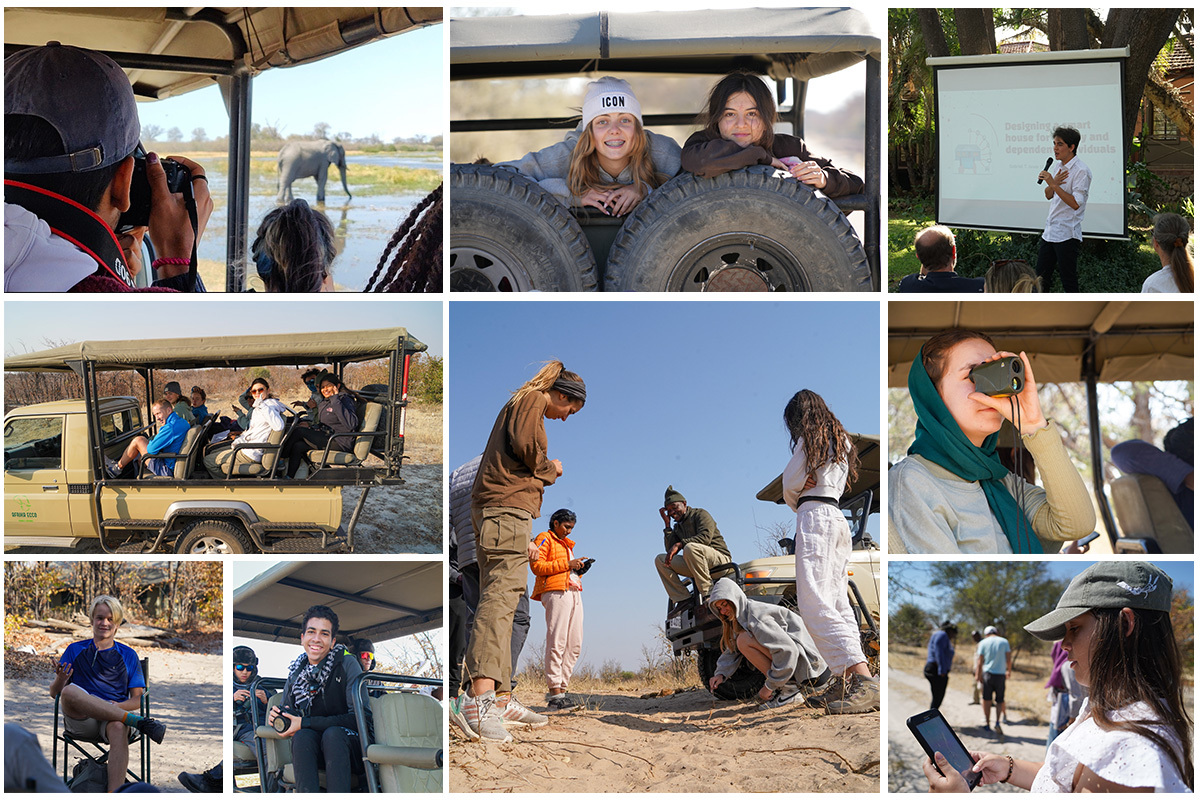1) Hi Nada, can you tell us what you've been up to since graduating from THINK Global School in 2022? Since graduating in 2022, I've been pursuing a passion I found while at TGS, sustainability, and I am currently majoring in engineering in renewable energy systems at Al Akhawayn University, in Ifrane, Morocco. But there is way more than that! I've had a chance also to explore the world of...
Read MoreTerm One is officially in the books!
Our CM1 community was based in Sabah, Malaysia’s capital city of Kota Kinabalu, which serves as a gateway to the island’s many natural splendors. Beaches, reefs, mountains, and rainforests became a classroom for students as they became familiar with the beliefs, practices, and traditions shaping modern Sabah.
Students attended hands-on sessions during the term with four prevalent ethnicities: Chinese, Malay, Indian, and Indigenous. Through excursions, guest speaker visits, and informal chats, they learned what makes each culture tick and how they keep their traditions alive in a changing world.

CM1 students spent the term learning in Sabah, Malaysia
As few things tell you as much about a culture as food, exploring the culinary habits of each ethnic group played a vital role this term. Students learned how to prep recipes handed down throughout generations and wrote blogs/captured photographs as a way to document the recipes. To close out their time, students prepared a fusion of a feast that was shared communally during the end-of-term showcase.
Over in Botswana, CM2 students also learned about cultural preservation and adapting to a changing world. One focus was viewing the Batswana people living in Maun through an anthropological lens. To do so, they embarked on excursions that explored politics, agricultural techniques, and crafting abilities firsthand. The oral art of storytelling has long been a staple of Batswana society, and throughout the term, students heard one engaging story after another. With practice, they learned how to deliver their own impassioned performances in time for their own showcase.

CM2 students spent the term learning in and around Botswana’s Okavango Delta
This term’s other focus was on utilizing different data collection methods in a wilderness context. Students learned from conservation experts how to count spoor, identify wildlife species, and conduct transect studies. They put these techniques into practice through visits to the Okavango Delta, where, as citizen scientists, they contributed to data collection that will be used for conservation decisions in Botswana. Also integral to their studies was learning about the tension that exists between humans and wildlife, as both look to survive on limited resources.